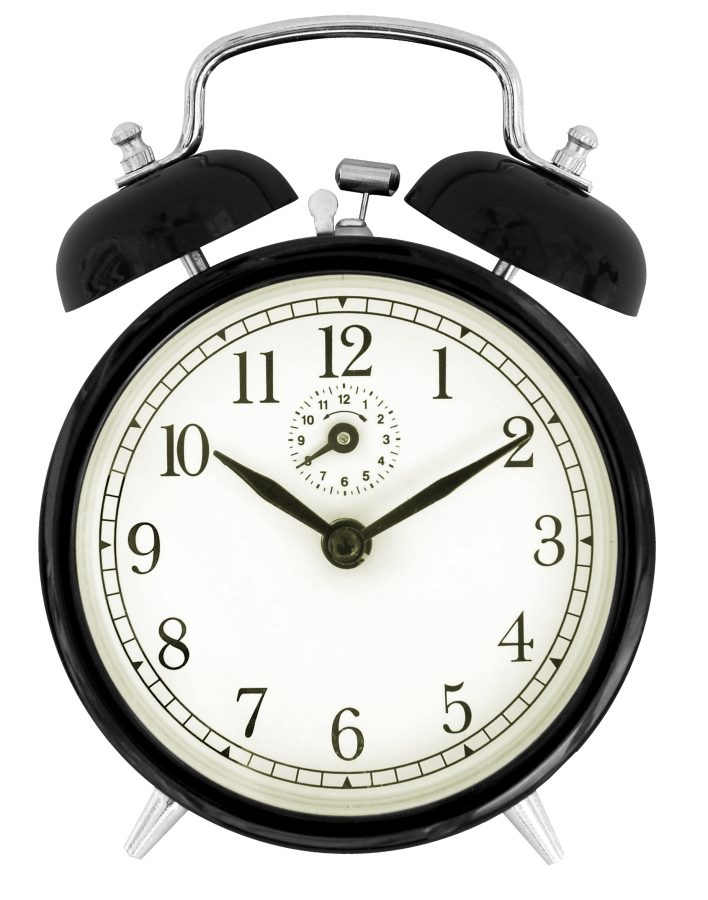We spend over a third of our lives sleeping, yet we know so little about it. We seem to know even less about naps specifically, possibly leading us to go without these daily luxuries when we otherwise wouldn’t.
Anytime you sleep, you deposit hours into your figurative sleep bank. Likewise, all the hours of sleep you miss turn into sleep debt, which can accumulate for up to two weeks. Our bodies struggle to make up for that debt; we need the sleep we miss during the week.
Ninety-eight percent of people require at least eight hours of sleep per night. For instance, if a college student sleeps for six hours every night during the school week, he’s missed two hours of sleep for five days. That’s 10 extra hours he needs to account for by the weekend, not including the eight hours needed for Saturday. Making up those 10 hours can be pretty difficult, and that’s where naps come in.
Exactly 50 BJU students were surveyed at random to assess how often they nap and why or why not. Over half reported that they don’t have sufficient time to take naps, and several more said they would feel too guilty to snooze during their busy days.
But naps have several benefits that make these mindless breaks worthwhile. For example, naps extend alertness. If you feel like you can’t take a nap because you have too much homework, but you feel sleepy, a 15-to-30 minute nap will sharpen your alertness enough for you to complete the rest of the assignment adequately, according to Mr. Josh Smythe of the psychology faculty.
Cameron Hall, a junior business administration major, can vouch for this. “I get more done after taking a nap,” he said. “And I generally understand and remember what I’ve studied better.”
A lot of students wonder how long the ideal nap lasts.
“If you would like to improve your memory, improve your attention span and improve your patience, you can do all of that for free,” Mr. Smythe said. “The only cost is time.”
The body sleeps in cycles. The full sleep cycle takes about an hour and a half to complete, so that would be the ideal time to plan for a nap. Sleeping for less than 30 minutes is considered “safe” because you will more than likely wake up before the cycle plummets. However, when you sleep inside the 30-to-90-minute window, you run the risk of waking up in the middle of a deep sleep cycle, which could result in sleep inertia, or extreme grogginess, Mr. Smythe said.
There are also environmental considerations. First, darkness helps. Mr. Smythe advises reducing the light for about 10 minutes before you lie down. Second, a cool environment is a natural cue to your body that it’s time to rest.
Of course everyone’s time is invaluable. Still, by investing in our sleep banks, we bring ourselves closer to overcoming sleep debt, inadvertently giving our inner loan sharks much-needed breaks themselves.





















































